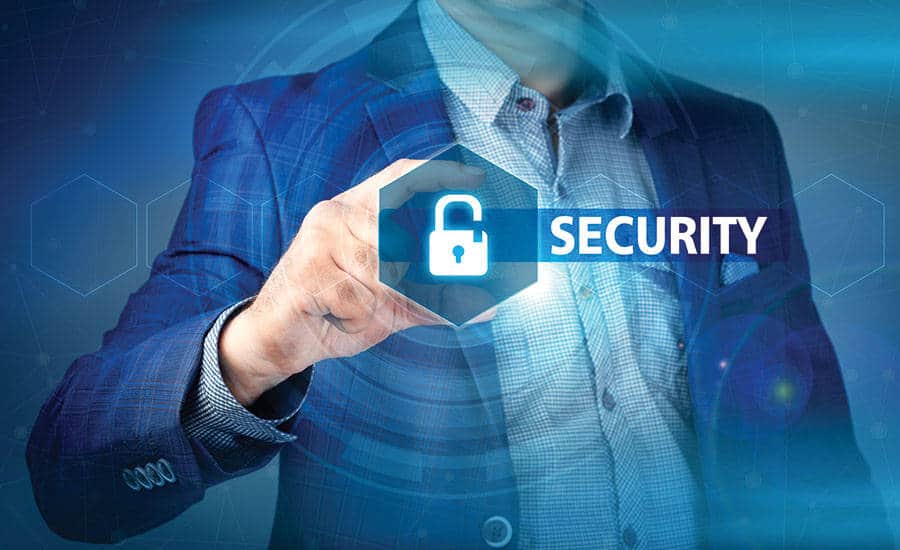With our world becoming more interconnected due to technology and the internet, employees who work remotely are now more common than ever before. Whether they work out of the office part time or full time, this option gives staff the flexibility to conduct their work regardless of where they are. An internet connection is all that is required. However, without the built-in firewalls and hardware in place keeping data secure in the office, staff accessing crucial files remotely may put your data in a vulnerable position.
How do you keep data secure when employees work remotely?
There are several steps you can take to ensure your company’s files are secure while employees work outside the office. Whether they work on company laptops or access data from their personal devices, it is paramount they follow a set protocol to help prevent a breach in company data.
Adopt a Cybersecurity Policy
Although you most likely already have an in-office procedure set up, you should also implement a more in-depth cybersecurity policy for you and your staff to follow whenever accessing company data remotely. This policy should define the protocols everyone is expected to comply with and what the company will do to provide the necessary support. Involve your employees in keeping the network secure by regularly training them on the best cybersecurity practices, and keep it simple. Provide the tools and resources they require to adhere to this policy.
Setup the Right Network Solution
A company’s basis when it comes to cybersecurity is the networking hardware. How it’s configured and set up can help prevent a data breach. Setting up a firewall, proxy server, encryption, and allowing the monitoring of traffic and flagging of anything suspicious are foundations of an optimally secured network. Ensure your hardware fits the needs of your company and is updated regularly.
Secure WiFi
While employees work remotely, it is important that the WiFi connection they are on is secure. Show your employees how to set up a password for their home network if they do not yet have this in place. Explain the risks of accessing company files via a public network, such as those in a cafe or library. Although it may not always be possible that they work from their secured home network, it is important they understand the vulnerability of a non-secure WiFi connection.
Set up firewalls
Instruct staff to set up firewalls on their devices or wherever they access company files or emails. Firewalls enhance the security of any device connected to a network and helps prevent unauthorized access. Antivirus and antispyware software on staff computers and laptops will also help monitor suspicious activity and prevent phishing and malware.
Data backups
It is best to get into the habit of routinely backing up data in the case of a loss regardless of whether employees work in the office or remotely, time tracker. Data loss happens often so ensure the entire team is regularly backing up their work and have the ability to recover duplicated versions if necessary. Teach employees to set up simple ways to automatically back up their work.

















Leave a Reply